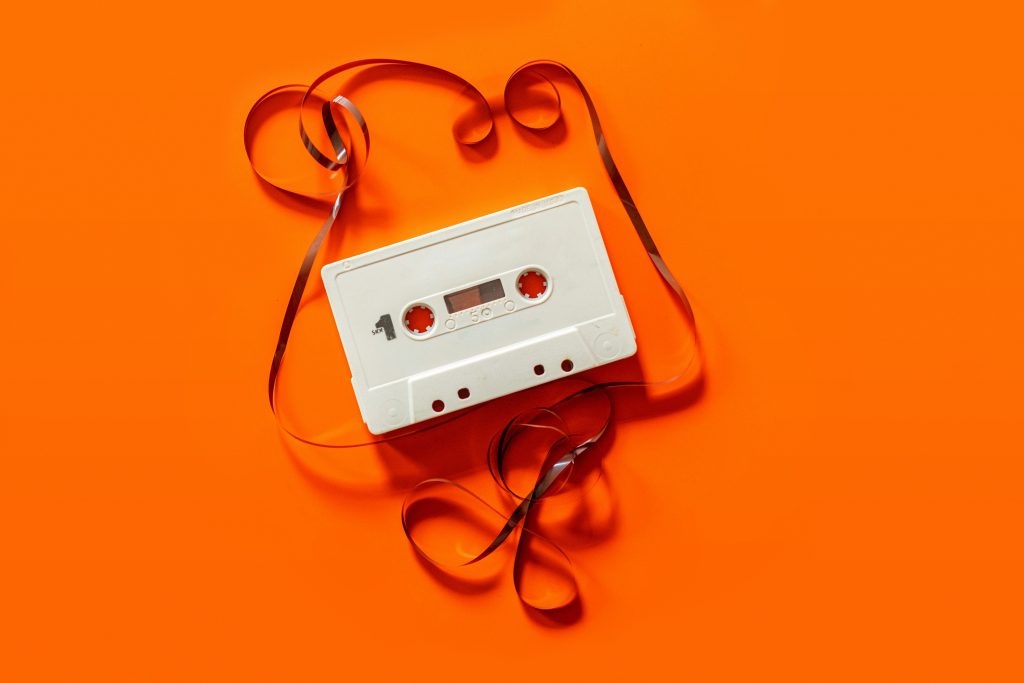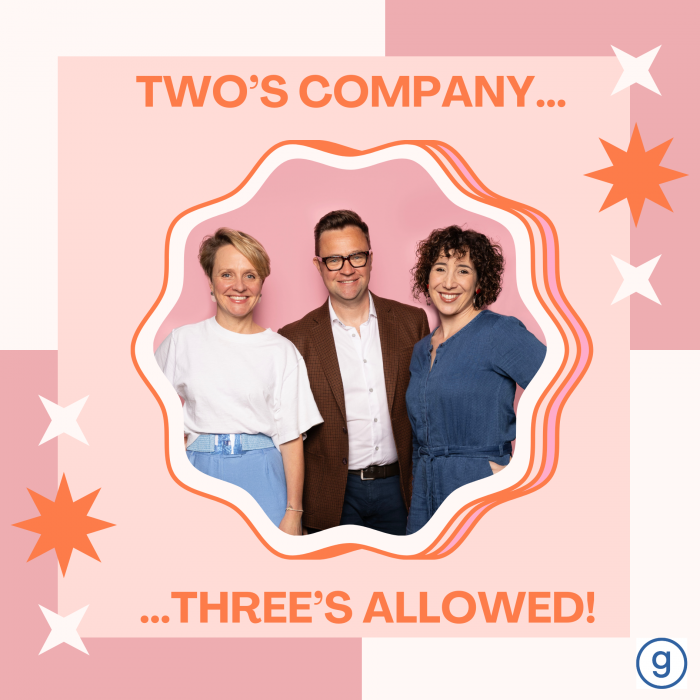Opening credits
According to Roy Morgan, we Aussies love our podcasts: around 4 million of us tune in each month. In 2023, Sydney Morning Herald dubbed Australia the overall leader in podcast listening amongst English-speaking countries. What a cultured bunch we are.
Given the proliferation of podcasts over the last decade, you’d expect to see a spike in Australian trade mark applications for podcast names. After all, many of America’s top-rated productions (THIS AMERICAN LIFE, POD SAVE AMERICA, THE JOE ROGAN EXPERIENCE, STUFF YOU SHOULD KNOW and MY FAVORITE MURDER) are registered as trade marks in the United States. But strangely, many of Australia’s best podcasts don’t have trade mark protection around them.
Are podcasters labouring under a misconception that a podcast name – a bit like a book title – isn’t protectable intellectual property? Are they so busy focusing on generating content that they haven’t had time to consider their IP needs? Are they investing in necessities like better equipment instead? Whatever the reason, we want these brilliant creatives to understand why they should make trade mark protection a priority.
Podcast titles are trade marks
Registered trade marks protect a brand in relation to whatever “goods” and “services” are claimed in the trade mark application. A podcast is both a good and a service: the downloadable podcast is considered a product, but producing and providing entertainment content is a service.
Your podcast name functions as a “badge of origin” for your podcast. When you buy a packet of Weet-Bix, you know the product and the quality you can expect thanks to the Weet-Bix name. If you picked up a box of Weety-Bikkies, you wouldn’t have that same confidence. Similarly, when you tune in to THIS AMERICAN LIFE, you know what quality to expect and you know who’s behind the production (even if you can’t specifically name NPR).
Book titles are different. You know who has written the book and the quality you can expect from the author, but this expectation doesn’t come from the book title. A book title is not a brand that is used repeatedly in relation to a good or service; it’s just the name of a (usually) one-off literary work. Podcast names are different. They are trade marks.
How will registering a trade mark help me?
If you’ve not had any issues with rival podcasters, registering your podcast name as a trade mark might seem like a bit of a luxury. That is until someone else pops up and launches a podcast with a similar name to yours on a similar subject. Listeners get confused. Downloads start to decline. You receive complaints about your shoddy production. Subscribers drop. To get really dystopian, sponsors go elsewhere and your income plummets. This might seem exaggerated, but there are very real consequences of having your brand copied. Just ask Rolex.
Another possibility: no rival podcast pops up but someone starts selling t-shirts featuring your podcast name. Not cool.
If you have a registered trade mark, you can stop this kind of conduct in its tracks by sending the infringer a letter of demand alerting them to your trade mark registration. This usually resolves the matter promptly. If you don’t have a registered trade mark, your task is much harder: you need to establish “misleading or deceptive conduct” in breach of the Australian Consumer Law. This sort of action is much more difficult, time consuming and expensive. For an example of a recent case in which a podcaster failed in an ACL case against a third party, see our other article here.
Whilst Australian trade mark law recognises IP rights acquired through use (not just registration), the longer you wait to register your trade mark, the more likely it is that someone else will get on to the Register before you, making it harder for you to secure your own registration. Best to be first in the queue.
What goods or services should I specify in my trade mark application?
If you’re a podcaster, you should of course register your podcast name in class 9 (downloadable podcasts) and class 41 (podcast production and entertainment services). You should also consider registering for branded merch (clothing, mugs, homewares, etc) and live shows.
What should I protect?
Obviously, you should register your podcast name.
If budget allows, you should also consider protecting any special lingo or catch phrases that are unique to your show. For example, the hugely successful Chat 10 Looks 3 podcast hosted by Leigh Sales and Annabel Crabb uses “Moral High Grounds” and “Smug Bundt”. Both are protected as trade marks for mugs/cups and clothing respectively.
Closing credits
Having read all this, we hope it’s clear that podcast titles are valuable brands just like APPLE, VEGEMITE and FERRARI. And they can be infringed just like any other trade mark right.
If you would like help registering your podcast name as a trade mark, please contact us.






